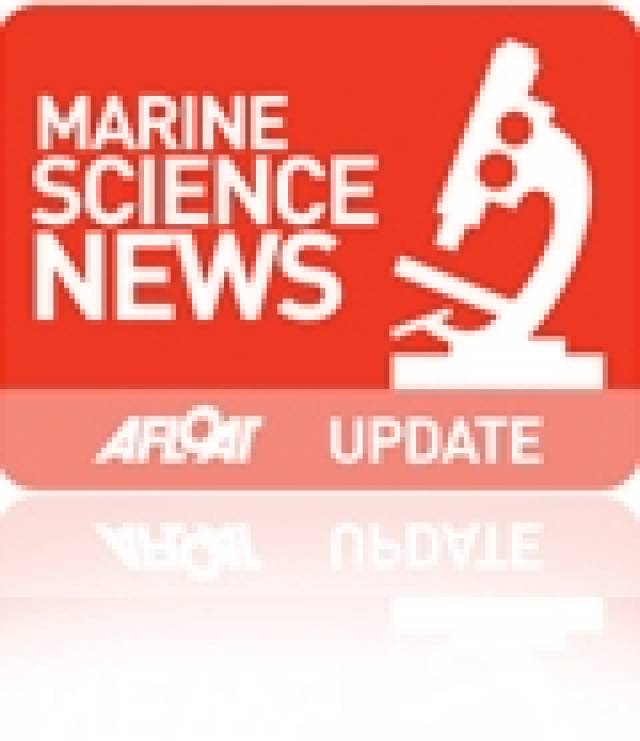#marinescience – The International Council for the Exploration of the Sea (ICES) has elected Dr Paul Connolly as its new President for a three-year term (Nov 2012 – Oct 2015). Dr. Connolly is the Director of Fisheries Ecosystems Advisory Services at the Marine Institute.
Commenting on his election Dr Connolly said "This is a great honour and comes at a time of great opportunities for ICES. The ocean affects every human life and a growing public awareness of the use of the ocean is driving a demand for impartial marine science and advice".
Marine Institute CEO, Dr. Peter Heffernan welcomed the appointment. "It's a testament to Dr Connolly's dedication to excellence in marine science, his long standing commitment to ICES, and the key the role of Irish and international scientists in understanding marine ecosystems."
Minister Simon Coveney T.D also congratulated Dr Connolly on this prestigious appointment. The Minister said "this is a great honour for Paul and is well deserved. The appointment recognises his huge contribution to the world of marine science and underlines the high esteem that both he and his colleagues in the Marine Institute are held in the international scientific community."
ICES coordinates and promotes marine research on oceanography, the marine environment, the marine ecosystem, and on living marine resources in the North Atlantic. It is the prime source of scientific advice on the marine ecosystem to governments and international regulatory bodies that manage the North Atlantic Ocean and adjacent seas. ICES maintains some of the world's largest databases on marine fisheries, oceanography, and the marine environment, and its Data Centre is part of a global network of data centres.
"Against a changing policy landscape and a challenging economic climate, a key job in the coming year will be the renewal of the ICES Strategic Plan for the period 2014 to 2018. Getting our strategy right will be critical," said Dr Connolly.
ICES is a network of more than 1600 scientists from 200 institutes linked by an intergovernmental agreement (the ICES Convention) to add value to national research efforts.
Ireland has a long association with ICES. Founded in Copenhagen, Denmark in 1902 it is one of the oldest intergovernmental organisations. Ireland joined ICES in 1924 and two of its 29 presidents have been Irish - Arthur Went (1966 to 1969) and David Griffith (1991 to 1994). "A key focus of the job will be to ensure that the ICES scientific community remains relevant, responsive, sound, and credible, concerning marine ecosystems and their relation to humanity," said Dr Connolly.
































































